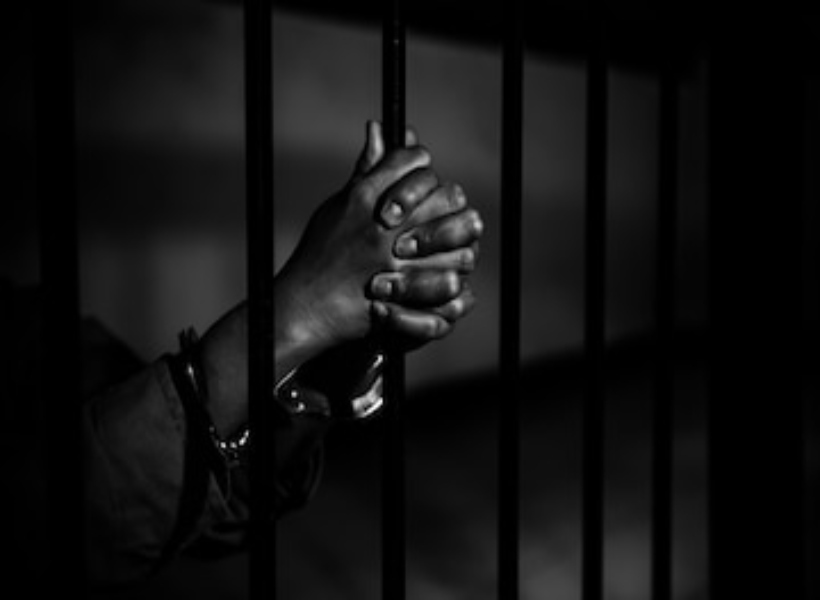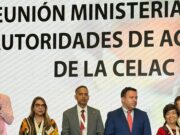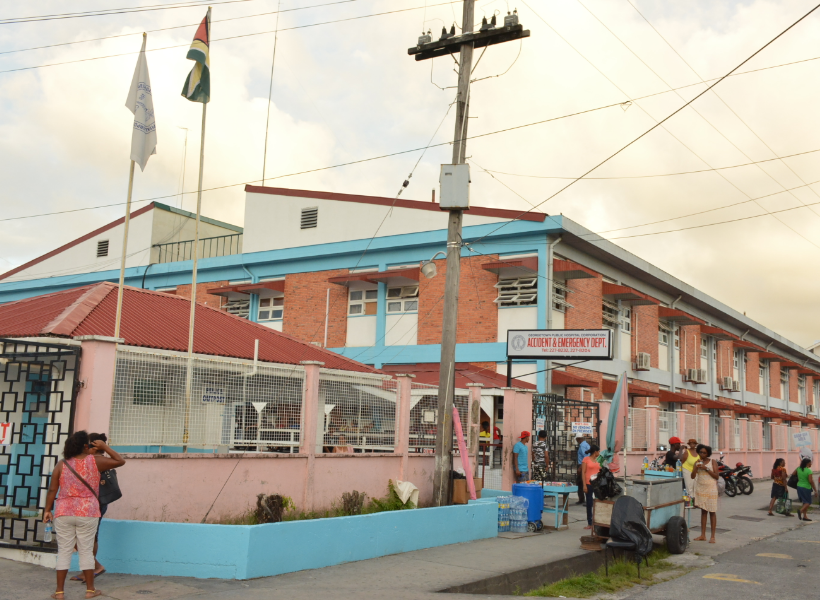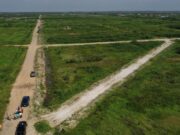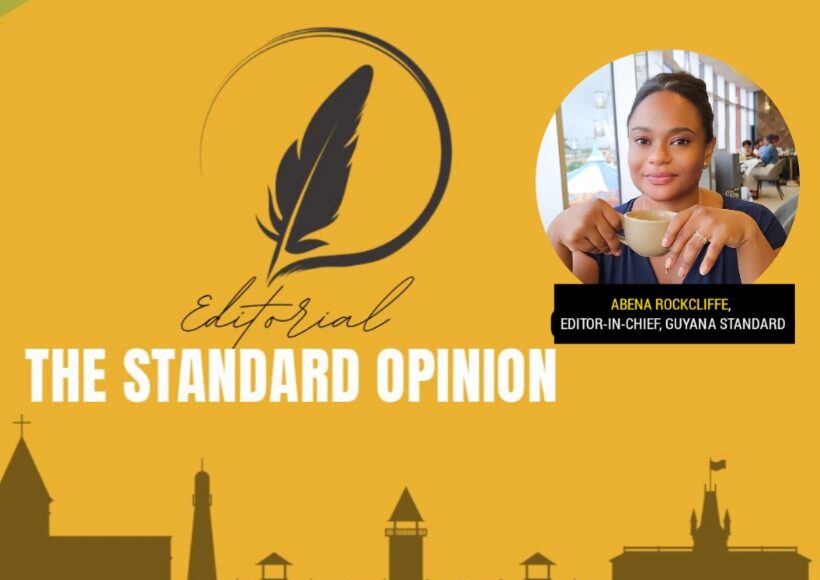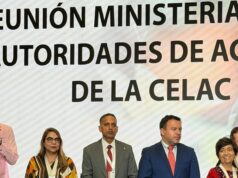By Abena Rockcliffe
In the year 2020, Guyana, a resource rich country, on the brink of tapping into its much vaunted “potential”, found itself facing two crises. The deadly Coronavirus (COVID-19) that imposed itself on the world, causing a pandemic, had made its way there. The country was not prepared; the people were unvaccinated, scared and grappled with the isolation measures. As if that was not enough burden for a country of less than 800,000, citizens were tormented by an election impasse that lasted months.
Critical to the transparency of the election recount process at that time was regional and international observers. But after rigging attempts were highlighted, foreign and local observer missions lost cordial relations with the then incumbent—APNU+AFC.
One observer mission was blocked three times from returning to Guyana. That was The Carter Center. The group gave up trying after its third attempt. The reason put forward then had to do with COVID-9 travel restrictions. But the widely assumed and accepted reason was that the APNU+AFC government was not pleased with Carter Center’s preliminary findings and pronouncements on the election process.
Fast forward five years, that very country saw first oil and the revenues have been pouring into the public purse. Much has changed for the South American nation that identifies as Caribbean. Several hotels, hospitals and schools have been erected. Oh, and the roads, they are smooth and construction is everywhere. There is a massive new bridge as well that nears completion, it is called the New Demerara Harbour Bridge.
Further, a global report notes this developing country to be the only country in the world to be able to feed itself. Agriculture now thrives in Guyana as the government touts it as a factor to diversify the economy and feed the Caribbean. Yes indeed, much has changed in five years. But much remains the same. Despite tapping into its potential, the nation is still plagued by constant blackouts, democracy is under constant threat and Guyanese still do not appreciate when The Carter Center speaks. Hopefully this time, they are not blocked from observing the process.
In its pre-election statement issued last week, The Carter Center highlighted the mistreatment of candidates for the We Invest in Nationhood (WIN) party, noting as well, suspicions that state resources are being used for campaigning purposes. Further, The Carter Center said the majority of the recommendations made by them and other international observers following the 2020 election remain unaddressed.
Here is an extract from the statement summary.
“Concerns persist among some Guyanese stakeholders about issues such as the integrity of the voter list and the need for GECOM to improve public communications and engage with political parties. The Carter Center notes the ruling party has used state resources and benefited from biased state media coverage, undermining the equitable treatment of candidates. The Carter Center is concerned that only four of the six political parties contesting these elections signed the ERC code of conduct for political parties and strongly urges all parties to sign and uphold the code.
“The Carter Center mission has noted that although political campaigning has been generally peaceful, several issues risk undermining the integrity of the electoral process, including local authorities’ approvals of campaign events, alleged intimidation of public workers, and overcompliance by local banks with recent U.S. sanctions, which threatens to hinder political participation. In addition, campaign finance continues to lack transparency — and, in the absence of clear regulations, media fairness remains a concern.”
The same Carter Centre that was lauded by some Guyanese in 2020 for highlighting deliberate attempts to derail the will of the people, is now being watched from the corner of the eyes of those very people. Some PPP supporters online accused the Carter Center of trying to “create mischief”. One PPP supporter said The Carter Center has lost its integrity.
The incumbent itself has largely refrained from bashing the Carter Center. But the Vice President, Dr. Bharrat Jagdeo while “welcoming” the report pointed to what he believes to be shortcomings. He said The Carter Center failed to highlight attempts at vote buying perpetuated by the Mohamed family. The Vice President pointing this out may cause some to interpret the omission as evidence that the Carter Center is biased. Further, Dr. Jagdeo said that the Carter Centre cannot tell local banks how to guard against associates of the sanctioned Mohamed family.
In the context of supporters, the roles have now reversed. Opposition supporters are now happy to hear from the Carter Centre in contrast to five years ago but government supporters are already tired of them.
The Carter Center seems to be in one way or the other, always invoking the ire of Guyanese. In local parlance, The Carter Center just ain’t got it luck in these quarters.

